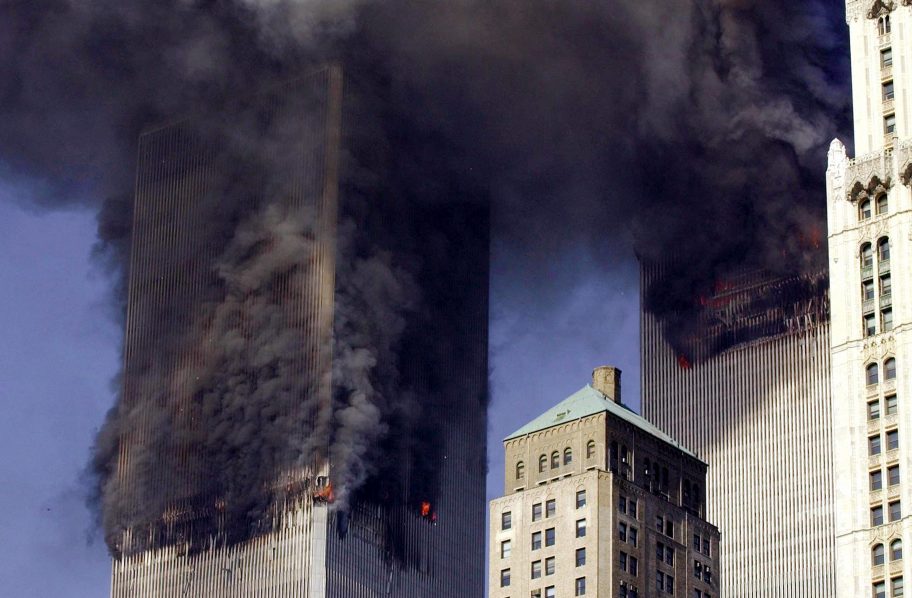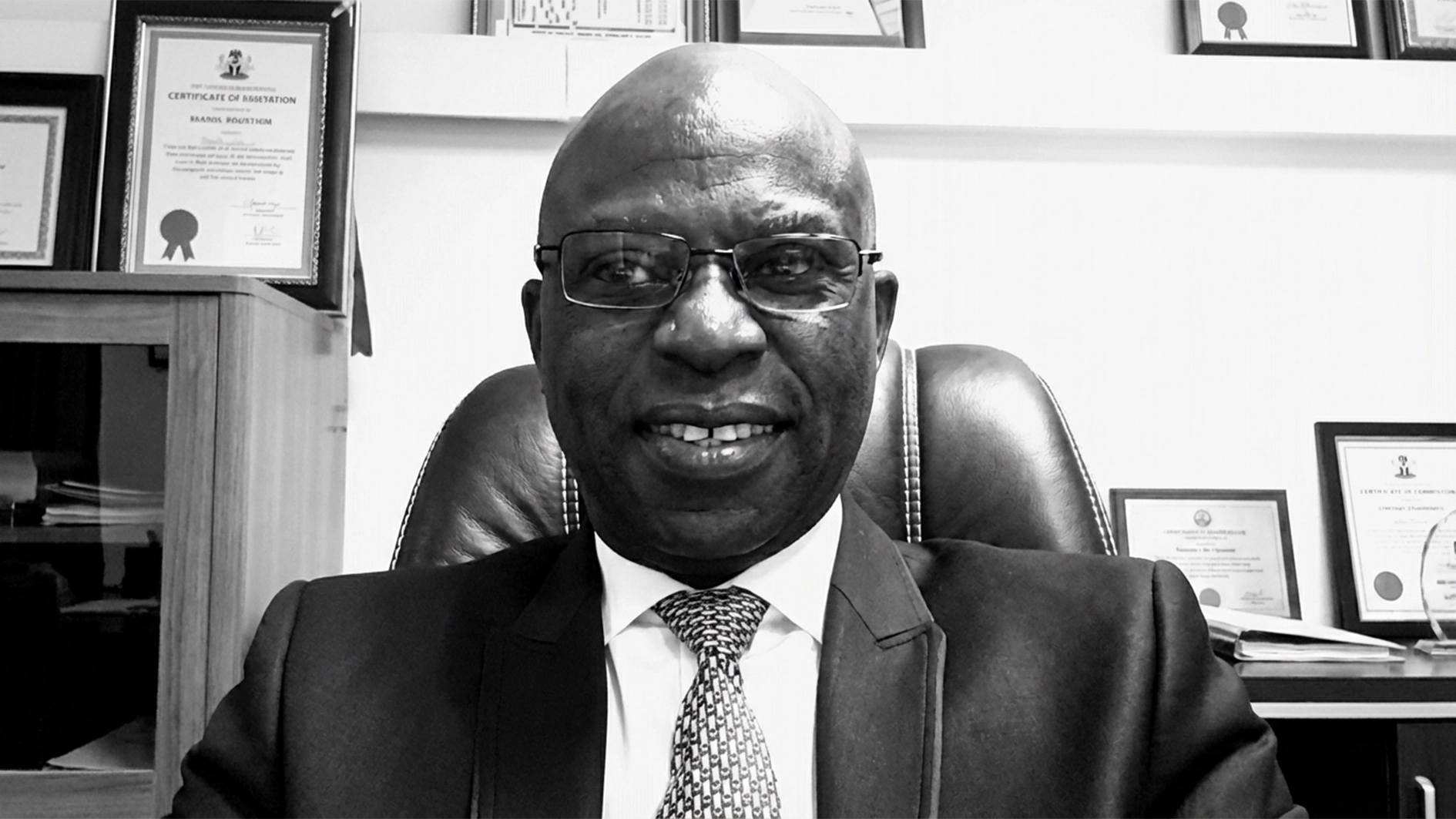
The hijack of four commercial planes and attendant terror attacks on the World Trade Center and the Pentagon, both in the United States, cost the world its innocence and airport facilitation its erstwhile freedom.
The International Air Transport Association (IATA), yesterday, estimated that global airlines lost $41.5 billion while the United States incurred $60.6 billion losses to the incident, amid significant changes that might have impacted the industry, forever.
On September 11, 2001, 19 terrorists associated with the Islamic extremist group, al Qaeda hijacked four airplanes and carried out suicide attacks against targets in the United States.
Two of the planes were flown into the twin towers of the World Trade Center in New York City, a third plane hit the Pentagon just outside Washington, D.C., and the fourth plane crashed in a field in Shanksville, Pennsylvania.
Almost 3,000 people were killed during the 9/11 terrorist attacks, which triggered major U.S. initiatives to combat terrorism and defined the Presidency of George W. Bush.
IATA’s fact sheet that was released in commemoration of the 20th anniversary showed that, globally, airlines lost $13 billion in 2001 after earning $3.7 billion in 2000. Losses continued through 2005. Total net losses 2001-2005 were $41.5 billion. At the operating level (EBIT) losses for the 2001-2003 period totaled $18.1 billion.
U.S. passenger airlines, the most impacted, posted a net loss of $8.0 billion in 2001 after earning $2.2 billion in 2000. Losses continued through 2005. Total net losses 2001-2005 were $60.6 billion, however, this included Chapter 11 bankruptcy-related adjustments. At the operating level (EBIT) losses over the period totaled $28.3 billion.
Director-General of IATA, Willie Walsh, said two decades later, “we are still living with their consequences, including a vastly expanded security and intelligence apparatus that overlays air travel. This is most visible at airport security checkpoints, although arguably the most intrusive post-9/11 changes—removing shoes at checkpoints, taking laptops and liquids out of carry-on bags, and strict limits on liquids and gels in carry-on bags—are the result of subsequent, compounding terrorist plots against civil aviation.”
From an economic perspective, 9/11 unleashed a tidal wave of financial devastation on the industry. U.S. airlines bore the brunt of this in the immediate aftermath, but the aftershocks and then the 2003 SARS outbreak, combined with the renewed concerns over terrorism during and after the US-led invasion of Iraq that year, extended the crisis for many airlines. After a few years of recovery, the Global Financial Crisis arrived in 2008-09 to wreak further havoc.
“An important lesson is to move beyond the one-size-fits-all, rules-based model that still, with some notable exceptions, such as TSA Pre-check, governs passenger security screening. We also learned that efficiency is improved by establishing trust with a known community of travellers and by applying security measures based on the low risk presented by the majority of travellers.
“And a further lesson is to establish firm deadlines at which these extraordinary measures expire and require regulators to take formal action to extend them. This ensures that what we are doing is relevant. There are some timely parallels in these lessons to the challenges aviation faces today with COVID-19.
“Translated to the current environment this could mean things such as exempting vaccinated travellers from testing and quarantine requirements, and opening borders based on risk measurements. If the risk of transmission is higher in Country A than in Country B, there is really no reason for Country A to bar vaccinated travellers from Country B from visiting. And we must make sure that the COVID-19 measures are in place no longer than they are necessary,” Walsh said.
He said further that the story of the next 20 years ought to be about governments’ and industry’s ability to share and respond to new risks that are inherently integrated by nature or design.
“Sadly, that lesson has not been learned in terms of governments’ response to COVID-19 and the way health measures are being imposed upon civil aviation without considered consultation.”






